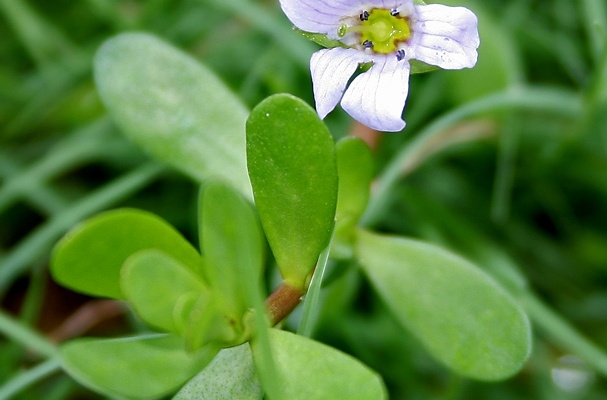
ESCOPs News October 2025
Dear friends of ESCOP – there is a saying “No news are good news” – This old proverb can be traced back to Herodotus, who in times of war understood it to mean: no message at least meant that no misfortune had occurred. In later centuries, this wisdom continued to offer comfort in uncertain times, when silence was better than bad news. I don’t know if you feel the same, but in today’s age of media overload one sometimes wishes to switch off the news altogether in the face of so many conflicts and problems in the world. With this in mind, I hope that my letter from ESCOP, after a longer “radio silence,” will reach you today positively, as I can now present our activities of the first half of the year in a compact way. In our case, no news simply meant steady, reliable work in the background. And with the birth of a new monograph, there is now a most welcome occasion for me to finally get back in touch with you.
Our first meeting of the new year took place in Karlsruhe at the Schwabe company – marked by overwhelming hospitality and an intensive professional exchange in proximity to the production facility of renowned, evidence-based phytopharmaceuticals. ESCOP welcomed Roy Upton from the American Herbal Pharmacopeia, with whom negotiations began on a memorandum of understanding, which has since been signed.
The second meeting was an organisational first for ESCOP and reflects the spirit of modern, borderless cooperation: it took place simultaneously in Dublin (Ireland) and Bunnik near Utrecht (Netherlands). The reason for this unusual meeting was to personally thank our highly esteemed scientific member, Prof. em. Ingrid Hook, for her outstanding contribution to the development of the ginger monograph, which is currently in the final phase of editorial peer review. Impressions of the hybrid board meeting – together with our secretary Simon Mills and myself as chair – were captured in a modern co-working space in the Netherlands. This form of flexible collaboration would not be possible without today’s digital tools and has made ESCOP significantly more agile in its working methods. This allows us to continue working on the creation and revision of our monographs independently of physical meetings. In project-related online meetings, we discuss the literature to be included and approve the texts paragraph by paragraph. After numerous rounds of review, we have now succeeded in completing the monograph on Bacopa monnieri. In a few days, it will be available for download online as usual. SMGP members benefit from free access.
Bacopa monnieri is a small, creeping, perennial marsh plant with fleshy leaves and delicate, white to bluish flowers. It prefers to grow in humid tropical regions and is widespread in India, Asia, Africa, Australia and parts of America. Botanically, it belongs to the Plantaginaceae family (formerly Scrophulariaceae). In Ayurveda, Bacopa monnieri, also known as “Brahmi”, has been one of the most important medicinal plants for centuries. It is considered a classic “rasayana” that strengthens the body and mind and, above all, promotes memory, concentration and mental clarity – especially in schoolchildren, older people or those suffering from mental exhaustion. Due to these properties, it has also become increasingly important in our society in times of stress and mental strain, often in combination with other Ayurvedic medicinal plants.
With the publication of this monograph, ESCOP once again aims to live up to its pioneering role and support the safe use of Bacopa monnieri in practice. A monograph in the
European Pharmacopoeia is currently available as a draft, but has not yet been reviewed by the HMPC.
The creation of such monographs is a lengthy process – and ESCOP now has fewer member organisations than it used to. This raises the urgent question of how we can reliably continue our core business, monograph work, in the future. Because in this area in particular, no news is not good news. Like many organisations today, ESCOP is considering how modern technologies – especially artificial intelligence – could support us in structuring and summarising scientific literature. This requires the utmost care: such a process must be clearly defined and technically secure. AI activities must be subject to multiple human controls and peer review in order to continue to meet our scientific standards and uphold our reputation in the future.
An initial project in this direction has already begun: we want to make our published monographs accessible via a chatbot. The aim is to use digital question-and-answer systems to provide modern and secure access to verified facts about phytotherapy for practical use. We are excited to see where this path will take us – and will report back soon.
Autumn will bring us another highlight in November: to mark the 25th anniversary of the Spanish Society for Phytotherapy (SEFIT), ESCOP will meet on the sidelines of the symposium at the University of Barcelona – a meeting I am particularly looking forward to. Until then, I send you my warmest regards and wish you the best of health for the coming autumn, whose challenges can be met excellently with proven medicinal plants for infection prevention and treatment.
Dr. Evelyn Wolfram
Chair of ESCOP